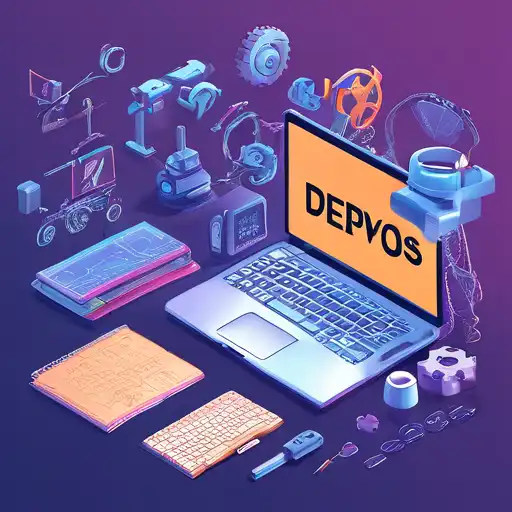Introduction to DevOps in 2023
As we step into 2023, the DevOps landscape continues to evolve, bringing forward tools that promise to streamline development and operations processes more efficiently than ever. This guide highlights the must-know DevOps tools that are shaping the future of software development, deployment, and monitoring.
Top DevOps Tools to Master in 2023
1. Kubernetes
Kubernetes remains the undisputed leader in container orchestration. Its ability to automate deployment, scaling, and operations of application containers across clusters of hosts makes it indispensable for DevOps teams aiming for scalability and resilience.
2. Docker
Docker continues to be a cornerstone in the DevOps toolkit, offering lightweight containers that ensure applications run smoothly in any environment. Its simplicity and efficiency in creating, deploying, and running applications make it a favorite among developers.
3. Terraform
Infrastructure as Code (IaC) is a critical component of modern DevOps practices, and Terraform by HashiCorp is at the forefront. It allows teams to define and provision infrastructure using a high-level configuration language, making cloud resource management a breeze.
4. Jenkins
Jenkins, the open-source automation server, is a staple in CI/CD pipelines. Its vast plugin ecosystem enables teams to automate every stage of the delivery pipeline, from building to deploying applications.
5. Ansible
Ansible simplifies configuration management, application deployment, and task automation. Its agentless architecture and simple YAML syntax make it accessible for teams of all sizes.
Emerging DevOps Tools to Watch
Beyond the established tools, 2023 sees the rise of newcomers like Argo CD for GitOps continuous delivery and Tekton for building CI/CD pipelines. These tools are gaining traction for their innovative approaches to solving DevOps challenges.
Integrating DevOps Tools for Optimal Performance
The key to a successful DevOps strategy lies in the seamless integration of these tools. For instance, combining Kubernetes with Docker for containerization, Terraform for infrastructure provisioning, and Jenkins for automation creates a robust pipeline that accelerates delivery while maintaining quality.
Conclusion
Staying abreast of the latest DevOps tools is crucial for teams aiming to enhance efficiency, reduce deployment times, and improve collaboration between development and operations. The tools highlighted in this guide represent the best of what 2023 has to offer, providing a solid foundation for any DevOps practice.
For more insights into DevOps practices, check out our guide on DevOps best practices.
